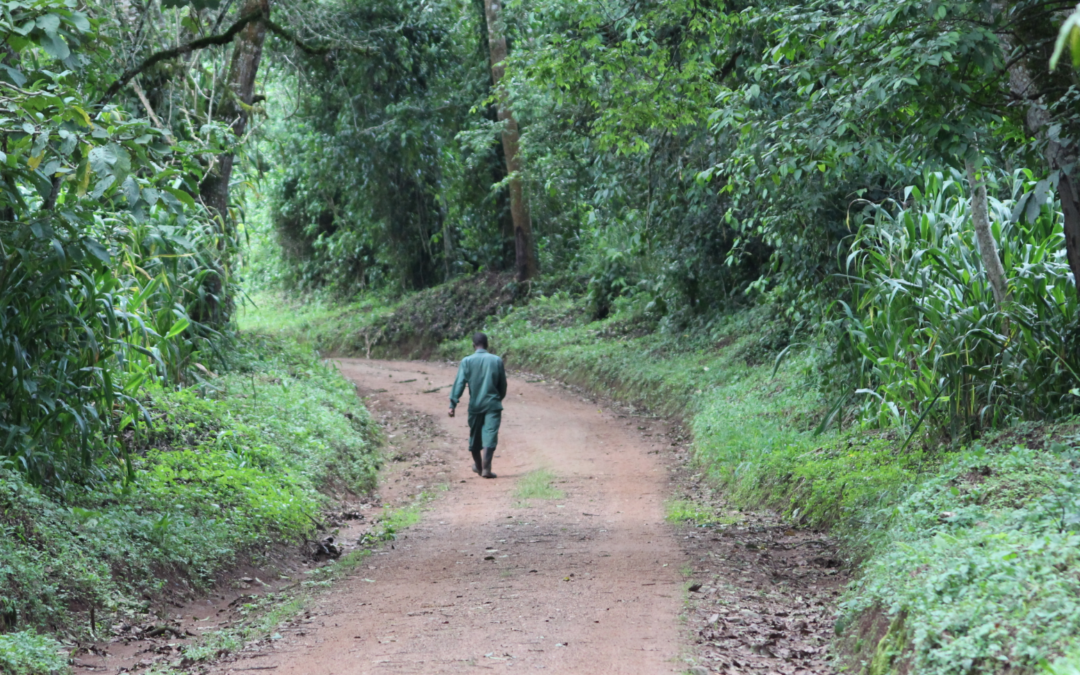“…in wildness is the preservation of the world . Life consists of wildness. The most alive is the wildest. Not yet subdued by man, its presence refreshes him. . . . When I would re-create myself, I seek the darkest wood, the thickest and most interminable and to the citizen, most dismal, swamp. I enter as a sacred place, a Sanctum sanctorum. There is the strength, the marrow, of Nature. In short, all good things are wild and free. There is something in a strain of music, whether produced by an instrument or by the human voice — take the sound of a bugle in a summer night, for instance, — which by its wildness, to speak without satire, reminds me of the cries emitted by wild beasts in their native forests. It is so much of their wildness as I can understand. Give me for my friends and neighbors wild men, not tame ones. The wildness of the savage is but a faint symbol of the awful ferity with which good men and lovers meet.
I love even to see the domestic animals reassert their native rights — any evidence that they have not wholly lost their original wild habits and vigor; as when my neighbor’s cow breaks out of her pasture early in the Spring and boldly swims the river, a cold grey tide, twenty-five or thirty rods wide,(31) swollen by the melted snow. It is the Buffalo crossing the Mississippi. This exploit confers some dignity on the herd in my eyes — already dignified. The seeds of instinct are preserved under the thick hides of cattle and horses, like seeds in the bowels of the earth, an indefinite period..”
Henry David Thoreau (1817 – 1862); excerpt from his essays, “Walking”, published in The Atlantic (1862)

